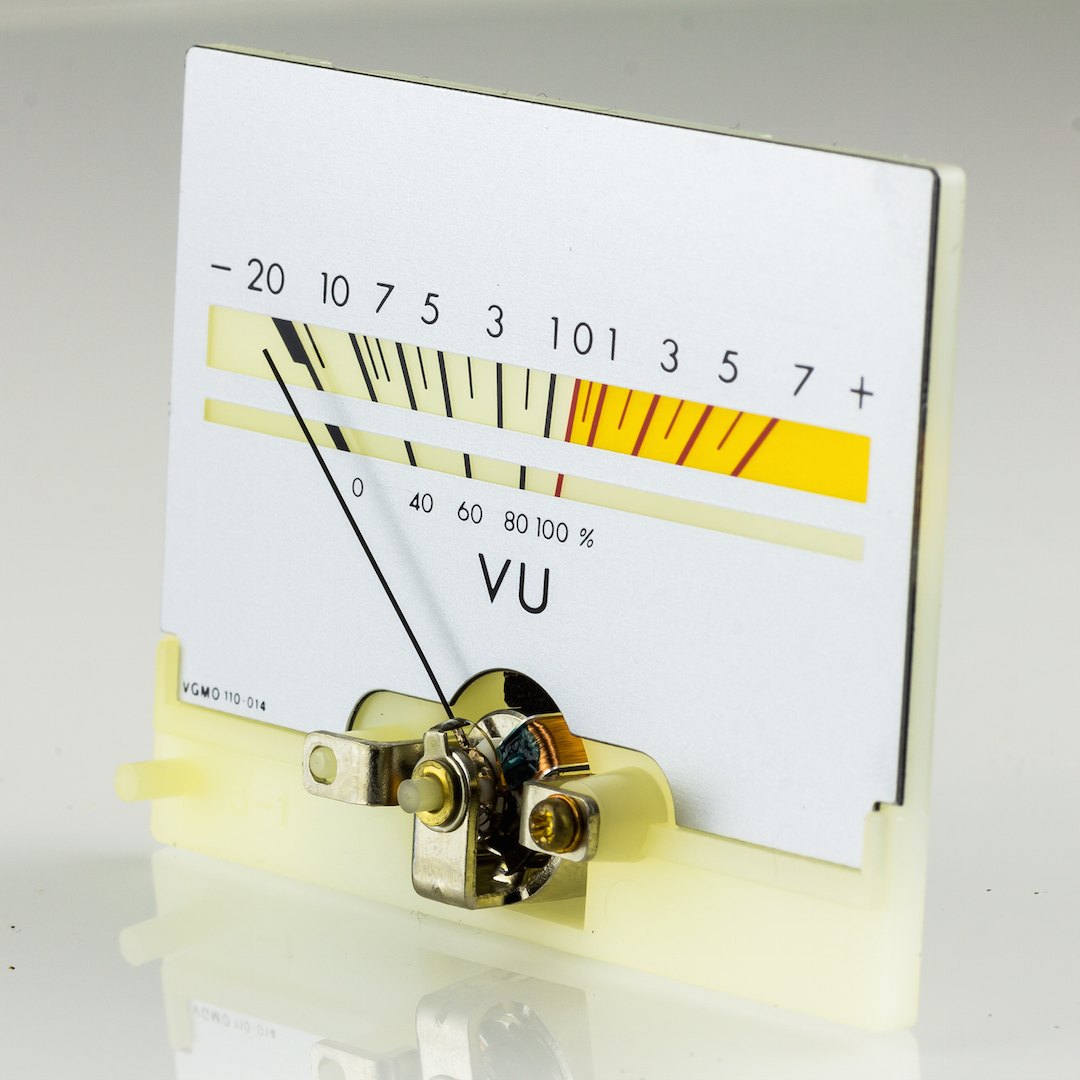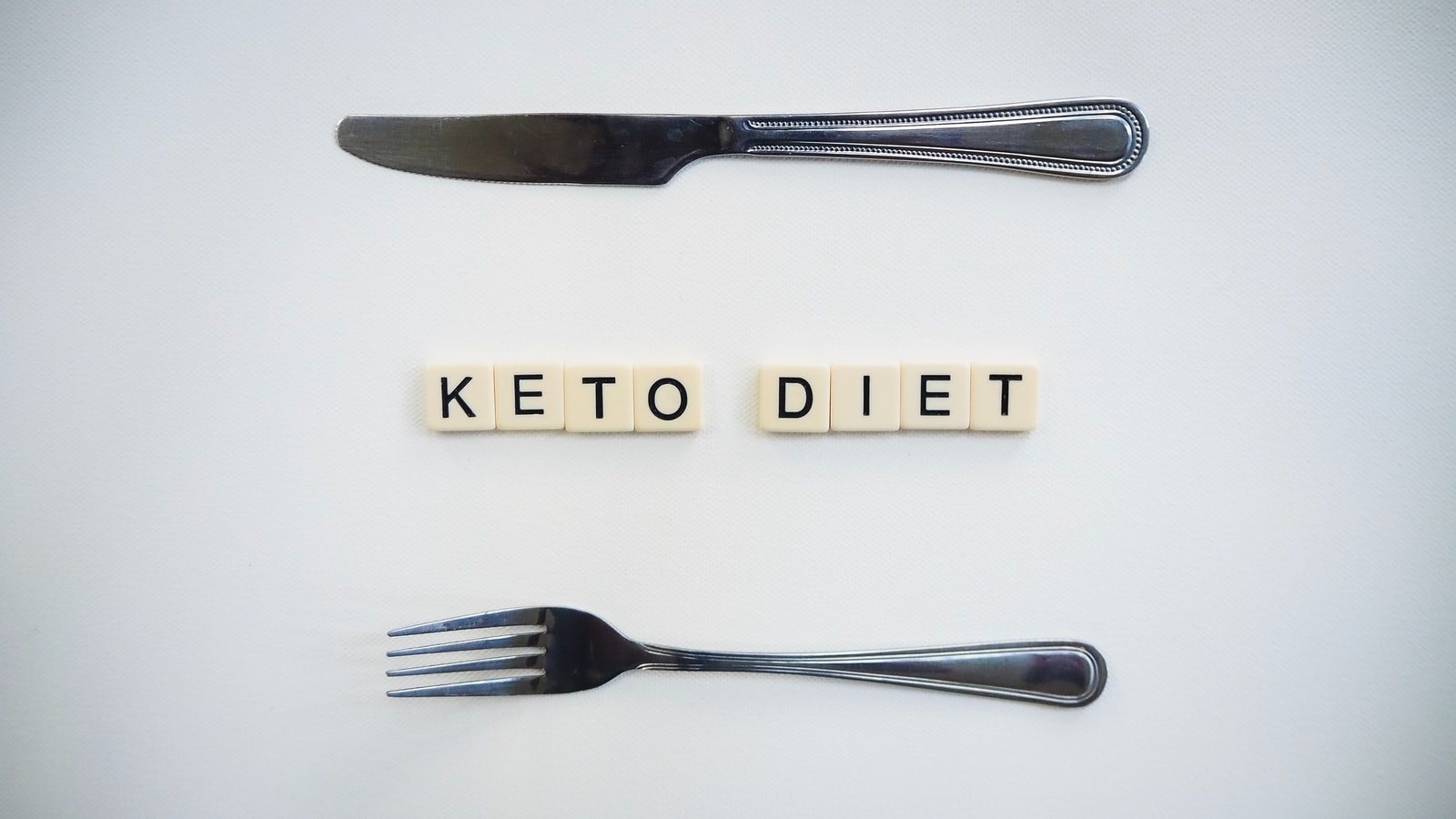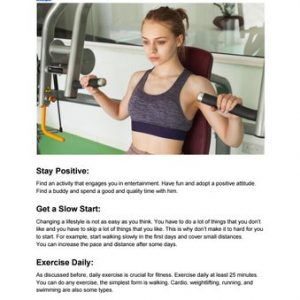We all know that having a healthy diet is something that’s important to us, but do you ever actually take the time to ask yourself if you ate today? Eating isn’t just about finding something to fill your stomach; it’s about nourishing your body with the nutrients and energy it needs. So, if you’re looking to get started on a healthy diet and don’t know where to start, the answer is simple – Ask yourself, “Did I eat today?
My Contents
- 1. Mastering the Power of Asking: “Did I Eat Today?”
- 2. Eating Right with Awareness: What Does This Question Mean?
- 3. Crafting Your Eating Habits: Reaping the Benefits of Healthy Eating
- 4. Know What You’re Eating: Nutritional Education and Eating Awareness
- 5. Awareness-Based Eating: A Wellness Journey Just Starting With Asking “Did I Eat Today?
- My Diet Answers

1. Mastering the Power of Asking: “Did I Eat Today?”
Asking yourself the simple question “Did I eat today?” can help you master the power of self-awareness. For many people, it can be hard to keep track of their food intake throughout the day. Being aware of how much food we’re eating and whether or not it’s good for us is essential to keeping healthy. Here are some tips for mastering the power of asking “Did I eat today?”:
- Establish a routine: Eating meals at the same time every day can bring structure to your life and food intake.
- Be mindful about what you eat: Choose foods that are right for you and acknowledge how they make you feel.
- Make a plan for each meal: Write a list of foods that you plan on eating ahead of time to avoid mindless grazing.
Recording what you eat can help you stay conscious of your food choices. You can keep a food diary in a notebook, a table on your phone, or use a nutrition tracking app. This will help you identify areas that may need improvement when it comes to your diet. Remember to keep it simple and practical. No need to track every single calorie intake – that’s just too tedious!
Mastering the power of asking “Did I eat today?” isn’t just about eating healthy foods – it’s also about developing a better relationship with food. Asking yourself this question can help you appreciate the things that you put into your body. With regular practice, you can reach a point where you become more mindful of what you eat and make healthier decisions for yourself.
2. Eating Right with Awareness: What Does This Question Mean?
Aware Eating: What’s It All About?
When we talk about eating right with awareness, we’re really talking about mindful eating. Mindful eating is all about being aware of what we’re putting into our bodies and making conscious choices about our food. It means focusing on why we’re eating something instead of letting ourselves get distracted, and it’s also abouth recognizing our hunger and eating only when we need to.
Mindful eating can help us stay healthy. We’re less likely to indulge in unhealthy snacks or eat too much. We become more esablished in an intuitive, healthy relationship with food, and this can result in feeling more energized, relaxed and content.
Mindful eating practices can include:
- Eating slowly and paying attention to the texture, smell, taste and visual appeal of food
- Taking the time to plan meals to include only nutritious foods that will fuel the body
- Choosing whole foods that are minimally processed, like grains, fruits, and vegetables
- Sticking to regular meal times and avoiding late-night noshing
- Recognizing and controlling emotional eating
By actively practicing mindful eating, you’ll start to develop a newfound relationship with food that will nourish your mind, body, and spirit.
3. Crafting Your Eating Habits: Reaping the Benefits of Healthy Eating
One of the most beneficial changes you can adopt in your lifestyle is crafting healthier eating habits. Your health is at stake, and the better you take care of it, the longer and more productive your life will be. A few simple but significant steps can take you a long way.
Start with Grocery Shopping: Let the ingredients you purchase from the store be an example of the habits you want to adopt. Nourishing your body means stocking the kitchen with wholesome, nutrient-rich food such as fresh vegetables, dairy, meat and seafood. Fill up your cart with colorful produce and go for lean proteins, nuts and grains that’ll give your meals a flavor blast and the right amount of nutrition.
Plan Your Meals: Strategic meal planning allows you to save time, effort as well as money. Pick days when you can spend time prepping a bunch of food for the upcoming week, such as chopping vegetables, cutting fruit, marinating proteins, etc. That way all you have to do is heat it up later when you’re hungry.
- On weekends, you can experiment and prepare creative recipes.
- Research new recipes that get you excited.
- Each meal has to have elements of protein, complex carbs and healthy fat.
Choose Portion Sizes Wisely: Monitor what types of food you’re consuming and how much. Eating too much of unhealthy food can take a toll on your health. Portion control is especially important when it comes to processed and fried food. Eating smaller meals constantly can help you give your body the nutrition it needs without going overboard.
4. Know What You’re Eating: Nutritional Education and Eating Awareness
Sometimes our eating habits get the best of us. We over-indulge, we munch on unhealthy snacks, and we don’t always choose the most nutritious meals. This is where nutritional education comes in – learning what your body needs and how to maintain a healthy lifestyle.
The best way to become more conscious of your eating habits is to do some research. Educate yourself on what your body needs and the importance of balance. When you’re armed with the facts, you’ll start making healthier decisions.
You don’t even need to go far – start in your own kitchen! Here are some simple tips to get you started:
- Don’t skip meals. Eating three times a day helps kickstart your metabolism and keeps your energy high.
- Vary your protein options. Introduce new foods into your diet –like tofu or tempeh- to add variety.
- Treat yourself! Healthy eating means you can still enjoy a snack. Try making guilt-free treats like homemade protein bars or fruit smoothies to snack on.
Nutritional education is key to living a balanced lifestyle and achieving a healthier you. With a few changes in the kitchen, you can start feeling and looking your best in no time!
5. Awareness-Based Eating: A Wellness Journey Just Starting With Asking “Did I Eat Today?
Awareness-based eating is a conscious approach to meal times. It means taking the time to really savor the taste of the food, the texture, the aroma, and the presentation. Noticing how each item stimulates both the physical and emotional senses will create a richer and more nourishing food experience.
To start your journey on awareness-based eating, simply ask yourself “Did I eat today?” Start by noticing your consumption habits. Are you relying solely on easy-to-grab snacks or are you taking the time to sit down to a meal? Are you eating enough and are you eating the right foods? Taking time to ask yourself these simple but important questions can help you start creating a different relationship with food and better establish your wellness routine.
Awareness-based eating is all about mindfulness. This means being aware of portion sizes, of how meals make you feel, of Slowly savoring each bite and of paying attention to the emotional response your food elicits. With these components in mind, here are the 5 basics of awareness-based eating:
- Listen to your body: Feeling what’s happening in your body can help you understand your bodily cues.
- Pay attention: Notice the flavours and textures of your food and how your consumption affects your emotions.
- Eat slower: Chew your food more and savor each bite. Enjoy the process of eating.
- Assess your hunger: Ask yourself the key question “Did I eat today?” before a meal and when a snack strikes.
- Rest when you need to: Cooking can be a great way to nourish yourself, however, you need to allow yourself to take time to rest in between.
Taking the time to ask ourselves “Did I eat today?” and practicing awareness-based eating can help us create a healthier relationship with food and establish a balanced lifestyle.
My Diet Answers
Q: What is the most important thing about a good diet?
A: The most important thing about a good diet is being able to reflect and ask yourself if you have eaten healthily each day. Eating something every day is important too, as overeating and skipping meals can lead to unhealthy habits.
Q: What foods should I be eating to have a good diet?
A: Eating a balanced diet is key, with lots of fruits, vegetables, whole grains, and protein. Eating plenty of water and limiting foods high in sugar, salt, and saturated fats can also help to create a healthy diet.
Q: What happens if I forget to ask myself “Did I eat today?”
A: If you forget to ask yourself if you ate something today, it can be easy to skip meals, or to overeat, both of which can lead to unhealthy habits. It’s also important to remember to stay conscious of the types of food you’re eating and make sure that you are getting the essential nutrients you need.
Now that you know the power of asking, “Did I eat today?” you’ll be able to make better food choices and design a healthy diet that works for you. Here’s to eating happy and living healthy!










